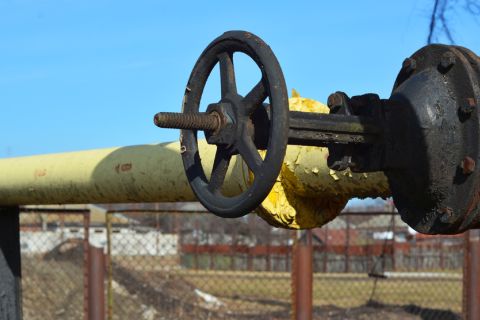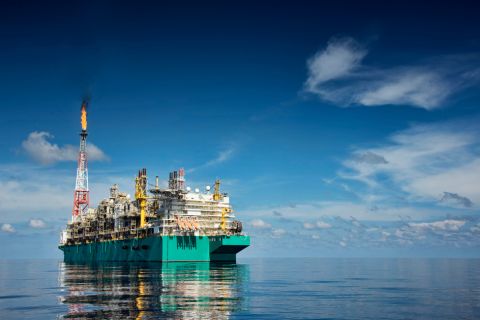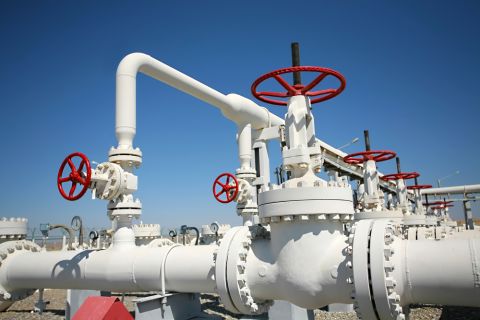China has drilled deep in the South China Sea to retrieve sediment core from the seabed, state media reported on April 8, amid tensions over disputed waters with rival claimants Taiwan and the Philippines, as well as with the United States.
Chinese scientists on a marine research vessel used China’s homemade Sea Bull II drilling system to obtain a sediment core 231 m long at a depth of 2,060 m, the official Xinhua news agency said.
The system can help explore natural gas hydrate resources in the seabed, Xinhua added, referring to the solid ice-like crystals formed from a mixture of methane and water that are touted as a promising source of energy.
It was unclear exactly where the drilling took place in the South China Sea, about 90% of which is claimed by Beijing as its territorial waters. Malaysia, the Philippines, Taiwan, Vietnam and Brunei also lay claim to parts of the sea, which has vast oil and gas potential.
Tensions in the region have escalated since a U.S. Navy strike group entered the South China Sea on April 4. That came after the president of the Philippines, a U.S. ally, voiced concern about Chinese vessels massing in Manila’s 320-km exclusive economic zone.
Self-ruled Taiwan, which China also claims as its own territory, has threatened to shoot down Chinese drones spotted circling the Taipei-controlled Pratas Islands in the South China Sea.
China’s oil and gas exploration activities in the South China Sea have stoked tensions before, notably when state-run China National Offshore Oil Corp. deployed a deepwater drilling rig in Vietnam-claimed waters in 2014.
Recommended Reading
Venture Global Acquires Nine LNG-powered Vessels
2024-03-18 - Venture Global plans to deliver the vessels, which are currently under construction in South Korea, starting later this year.
Summit Midstream Sells Utica Interests to MPLX for $625MM
2024-03-22 - Summit Midstream is selling Utica assets to MPLX, which include a natural gas and condensate pipeline network and storage.
Energy Transfer Asks FERC to Weigh in on Williams Gas Project
2024-04-08 - Energy Transfer's filing continues the dispute over Williams’ development of the Louisiana Energy Gateway.
Canada’s First FLNG Project Gets Underway
2024-04-12 - Black & Veatch and Samsung Heavy Industries have been given notice to proceed with a floating LNG facility near Kitimat, British Columbia, Canada.
Ozark Gas Transmission’s Pipeline Supply Access Project in Service
2024-04-18 - Black Bear Transmission’s subsidiary Ozark Gas Transmission placed its supply access project in service on April 8, providing increased gas supply reliability for Ozark shippers.





